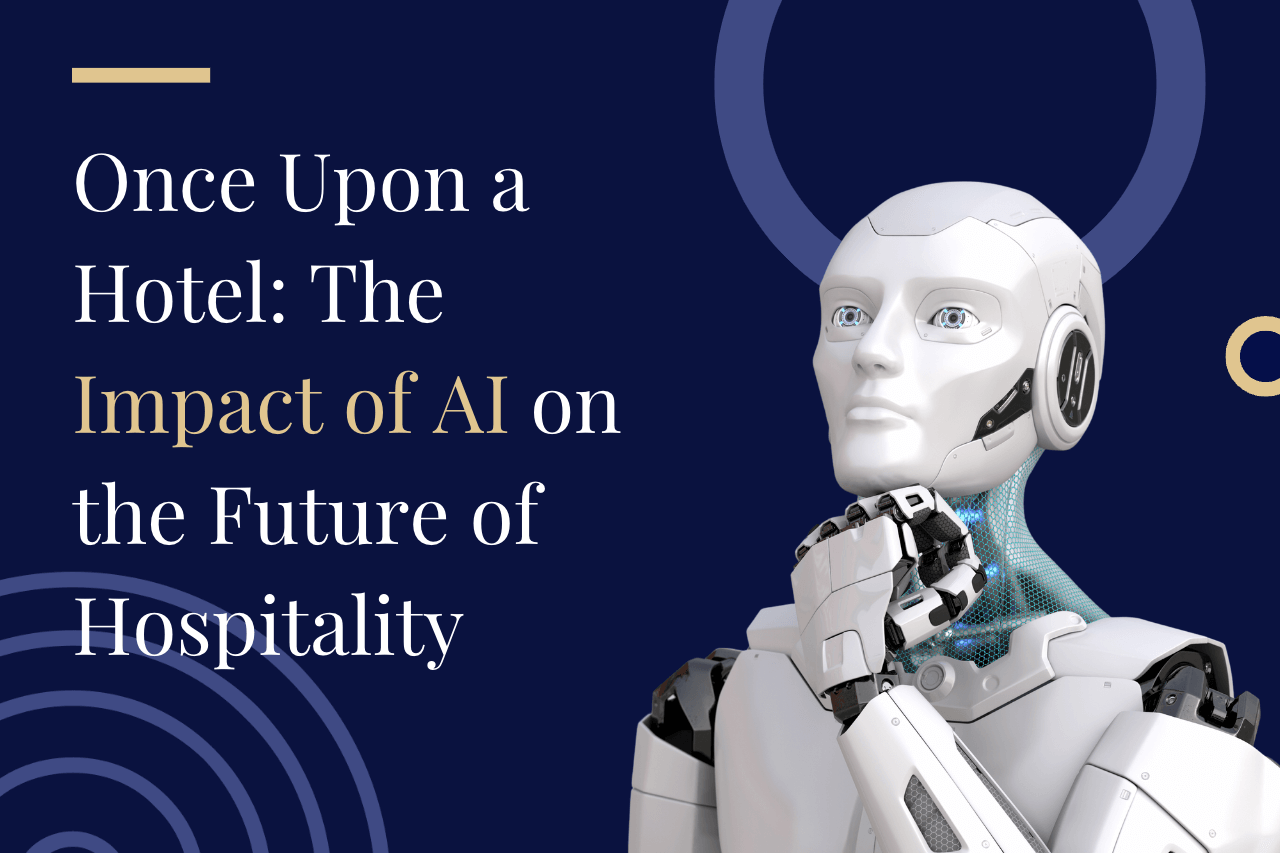As a marketing professional, I’m always looking for ways to improve the guest experience. One trend that’s been catching my attention lately is the use of artificial intelligence (AI) in the hotel industry.
From chatbots to smart sensors, AI is changing the game and reshaping the future of hospitality.
AI is not only revolutionizing the guest experience but also transforming the way hotels operate.
By automating routine tasks and using data analytics, hotels can optimize their operations, improve efficiency, and reduce costs. This allows them to focus more on providing exceptional guest experiences, which ultimately leads to increased revenue and profitability.
In this article, I’ll explore the impact of AI on the hotel industry and how it’s transforming the guest experience.
The Rise of AI in Hotels
The use of AI in the hotel industry is not a new concept. In fact, hotels have been using automation technology for years to improve operational efficiency and enhance the guest experience.
However, recent advancements in AI have made it possible to create truly personalized experiences that were once thought impossible.
Here are some ways that AI is being used in hotels:
- Chatbots: Many hotels are now using chatbots to provide guests with 24/7 support. These AI-powered assistants can answer common questions, make recommendations, and even take room service orders.
By automating routine tasks, hotels can save time and resources while providing a seamless guest experience.
- Smart Sensors: Smart sensors are being used to collect data on guest behavior and preferences. For example, sensors can detect when a guest enters a room and adjust the temperature and lighting based on their past preferences.
This not only provides a more comfortable stay but also saves energy and reduces costs for the hotel.
- Voice Assistants: Voice assistants like Amazon’s Alexa and Google Assistant are also making their way into hotels.
Guests can use these devices to control the lights, temperature, and entertainment in their room with just their voice.
- Personalized Recommendations: AI can analyze guest data to provide personalized recommendations for things to do and places to eat during their stay.
This not only enhances the guest experience but also helps hotels increase revenue through upselling.
The Benefits of AI in Hotels
The use of AI in hotels offers many benefits for both guests and hotel staff.
Here are some of the most significant advantages:
- Enhanced Guest Experience: AI can provide a more personalized experience for guests by anticipating their needs and preferences. This leads to increased guest satisfaction and loyalty.
- Increased Efficiency: By automating routine tasks, hotels can save time and resources, allowing staff to focus on delivering exceptional guest experiences.
- Cost Savings: AI-powered sensors can detect when a room is unoccupied and adjust the temperature and lighting accordingly, leading to energy savings and cost reductions for the hotel.
- Data-Driven Decisions: AI can analyze large amounts of data to provide insights into guest behavior, preferences, and trends. This information can help hotels make data-driven decisions about pricing, inventory management, and marketing.
The Future of AI in Hotels
As AI continues to evolve, its impact on the hotel industry is only going to increase. Here are some trends to watch out for in the coming years:
- Personalized Experiences: AI will continue to provide more personalized experiences for guests, from tailored recommendations to customized room settings.
- Virtual Reality: Hotels will increasingly use virtual reality (VR) to showcase their rooms and amenities, allowing guests to experience them before they book.
- Contactless Technology: In a post-pandemic world, contactless technology will become even more important. AI-powered systems like voice assistants and chatbots will play a crucial role in reducing physical contact between guests and staff.
- Sustainability: AI-powered sensors can help hotels reduce energy consumption and minimize waste, making them more sustainable and environmentally friendly.
Another way that AI is transforming the hospitality industry is through personalized marketing.
By analyzing data from social media, booking history, and other sources, AI can help hotels create tailored marketing campaigns that resonate with individual guests.
This can include everything from personalized email campaigns to targeted social media ads.
As a marketing consultant for hotels, I’ve seen firsthand how AI-powered marketing can increase engagement and drive bookings.
By delivering personalized messages to guests at the right time and on the right platform, hotels can build stronger relationships with their guests and drive more revenue.
But it’s not just about using AI to optimize marketing and operations – it’s also about creating unique and memorable experiences for guests. AI can help hotels deliver on this promise by providing personalized recommendations for things like dining, activities, and local attractions.
Imagine arriving at a hotel and receiving a personalized welcome message on your phone, along with recommendations for the best local restaurants and activities based on your interests.
Or receiving a notification about a special event happening in the hotel during your stay that matches your preferences. By leveraging AI and machine learning, hotels can create these types of personalized experiences that truly delight their guests.
Of course, there are also concerns around the use of AI in the hospitality industry. One major concern is around job displacement, as automation and AI-powered technologies are expected to replace some roles in the industry.
However, it’s important to remember that AI is not a replacement for human interaction – it’s a tool that can enhance and optimize the guest experience.
By leveraging the power of AI to streamline operations and deliver personalized experiences, hotels can free up staff to focus on building relationships with guests and providing exceptional service.
In conclusion, AI is set to transform the hospitality industry in a myriad of ways, from personalized experiences to optimized operations and marketing.
As a marketing consultant for hotels, I’m excited to see how AI will continue to shape the future of hospitality, and I’m committed to helping my clients leverage these powerful technologies to deliver exceptional experiences for their guests.


0 Comments